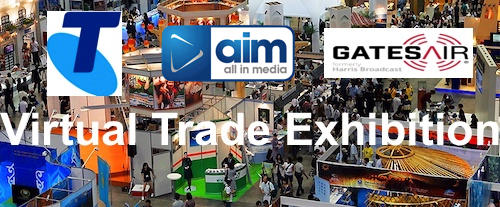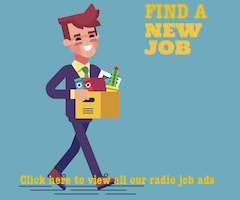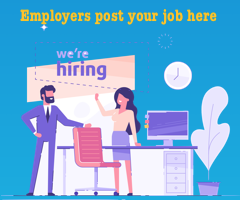“People have learnt that they can listen to radio in new ways and they will be listening to more, not less, when the pandemic is over,” according to HT&E chief executive Ciaran Davis.
Speaking to radioinfo this week, Davis explained that the company had “a very tough second quarter” in 2020, but the rest of the year turned out better than expected.
“There was a huge improvement in quarters 3 and 4, compared with that horrible quarter 2 where radio revenue was back 46%,” said Davis.
With about 30 people losing their jobs at the height of the pandemic, “regular communication and honesty was important in getting the staff through the worst of the pandemic.” It was “a very unsettling time” but the company “kept people involved and focused on the positive,” which kept the company performing well despite the tough economic conditions.
After early pay cuts, salaries have now returned to normal. “The revenue book was empty, so we had to take the decision to cut pay, but radio listenership and advertising has come back strongly and more quickly than we thought it would then… we were looking at some troubling numbers if the pandemic had of kept going.”
Luckily, the worst fears were not realised. HT&E revenue was 22% down on the previous year, but could have been a lot worse. The outlook seems positive for 2021.
“I think there was a perception that radio would suffer the same fate as out of home because people were not listening in the car during lockdowns, but it didn’t.
“We in the industry knew that our content is engaging enough, strong enough, local and live enough to be resilient. The emotional bond between listeners and their favourite stations and personalities meant that they easily switched to new platforms when they were at home. It took some convincing for the ad market to understand that this had happened, but they understood in the end.
“This is an exciting time. I think people have learnt that they can listen to radio in new ways and they will be listening to more not less when the pandemic is over.”
Davis points to iHeartRadio as one of the new ways that makes listening more convenient and also brings new benefits for advertisers. iHeartRadio’s content is becoming much more personalised because listeners are willing to sign in and trust their favourite stations with some of their personal data.
“This will overcome any criticisms that some media buyers have. They acknowledge that radio’s one-to-mass reach is very strong, but that radio has a challenge trying to drive addressable advertising. What we’re now seeing is that people are not afraid to sign up to iHeartRadio and we can reach them in new ways… audio is more exciting than ever now.”
The trust that radio has is strong compared with the lack of trust in some global social platforms. “The trust we have to deliver advertising on safe platforms contrasts with the questions that are still being asked over the placement of ads on social platforms.”
Davis thinks that Facebook pulling out of Australia the other week has backfired on them because what it has done is strengthen the resolve of media operators not to be reliant on one platform, especially if they don’t have control or ownership of it.
“Owning a platform like iHeartRadio gives us a chance to talk directly to our audience, to send them push notifications in case they missed a great interview in the morning but want to catch it on the podcast later in the day. This increases the consumption of our content beyond the live broadcast environment and increases monetisation opportunities as well. It’s about making it as broad and as easy as possible for our content to be consumed.”
The podcast market is not significantly high in revenue at the moment, but it will grow over the next few years according to Davis. “There will be a pie of revenue that will come from digital to podcasts in future.”
Looking to 2021, Davis is glad his company moved early to lock in contracts with key presenters and is expecting good results when the first survey of the year is released later this month. “Strong talent is a key to driving ratings,” he said.
HT&E is expecting to derive some revenue from Google and Facebook as a result of the media bargaining code, but he stresses that HT&E does not want to be beholden to these companies or dependent on them to drive audience.
The company is also looking to float or to sell its 25% stake in Soprano, a messaging software platform that is heavily used by businesses that use one-time-password messages. It has appointed Macquarie Capital to look into the next steps.
He expects the sale or float of Soprano will return cash to the bottom line. The technology company was valued at $19.7m last year, but it is likely to be higher now with digital businesses becoming more attractive to investors during the global pandemic. Earnings for the six months to June were up 55% to $22 million. “The business has had a significant uplift during the pandemic,” he said. In the 2019 financial year, Soprano generated $67.4m in revenue and $16.2m in profit (EBITDA).
As we see light at the end of the pandemic tunnel, Davis says radio has played an important role in keeping people’s spirits up during covid. “It is an uplifting and engaging medium… as long as we continue to invest in talent and distribution the future is extremely bright.”
Subscribe to the radioinfo podcast on these platforms: Acast, Apple iTunes Podcasts, Podtail, Spotify, Google Podcasts, TuneIn, or wherever you get your podcasts.




